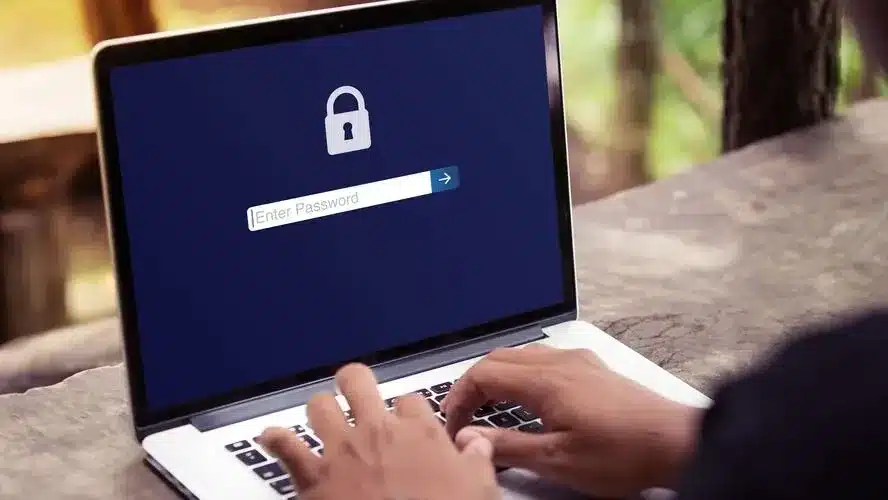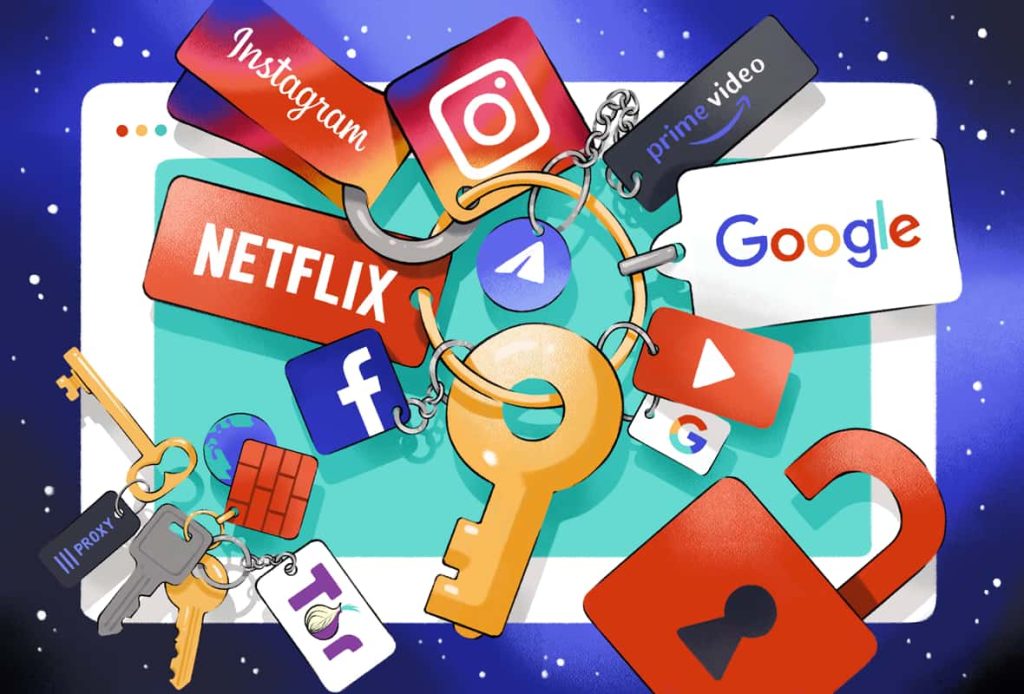In today’s digital landscape, you might encounter website restrictions at school, work, or even in certain geographic regions. Whether you need access to educational resources, social media, or entertainment platforms, there are several effective methods to bypass these restrictions. This guide covers the most reliable techniques to unblock websites while maintaining your privacy and security.
Understanding Website Blocking Methods
Before attempting to unblock websites, it’s helpful to understand how they’re typically blocked:
- IP-based blocking: Restricts access based on your IP address
- DNS filtering: Prevents domain name resolution
- Proxy filtering: Detects and blocks proxy connections
- Deep packet inspection: Analyzes network traffic to identify specific content
- Keyword filtering: Blocks sites containing certain words or phrases
Effective Methods to Unblock Websites

1. Web Proxies: The Simplest Solution
Web proxies act as intermediaries between you and blocked websites, allowing you to bypass restrictions without installing any software.
How to use a web proxy:
- Visit a web proxy service like Unblocker.me
- Enter the URL of the blocked website
- Select your preferred server location (if available)
- Click “Browse” or “Go” to access the site
Advantages:
- No installation required
- Works on any device
- Immediate access
- Can bypass basic restrictions
Limitations:
- Some proxies may be slow
- Not all web features may work correctly
- Some sites can detect and block proxies
2. VPN (Virtual Private Network)
VPNs create an encrypted tunnel for your internet traffic and mask your real IP address.
How to use a VPN:
- Select a reputable VPN service
- Download and install the VPN application
- Launch the app and log in
- Select a server location where the site isn’t restricted
- Connect and browse normally
Advantages:
- Encrypts all traffic for enhanced privacy
- Works across all applications, not just browsers
- More difficult to detect and block
- Additional security on public WiFi
Limitations:
- Many quality VPNs require subscription fees
- May slightly reduce connection speed
- Some organizations block VPN connections
- Requires software installation
3. Alternative DNS Servers
Some website blocks work by manipulating DNS (Domain Name System) settings. Changing your DNS servers can bypass these restrictions.
How to change DNS servers:
Windows:
- Go to Control Panel > Network and Internet > Network Connections
- Right-click your active connection and select “Properties”
- Select “Internet Protocol Version 4 (TCP/IPv4)” and click “Properties”
- Select “Use the following DNS server addresses”
- Enter alternative DNS servers (e.g., Google DNS: 8.8.8.8 and 8.8.4.4)
Mac:
- Go to System Preferences > Network
- Select your active connection and click “Advanced”
- Go to the DNS tab
- Click “+” and add alternative DNS servers
Advantages:
- No additional software needed
- Can work against basic DNS filtering
- Generally maintains full browsing speed
Limitations:
- Only works for DNS-based blocking
- Network administrators may restrict DNS changes
- Doesn’t hide your browsing activity
4. Browser Extensions and Add-ons
Several browser extensions can help bypass website restrictions.
Popular extensions:
- Proxy extensions
- VPN extensions
- Cached page viewers
- Translation proxy extensions
How to use:
- Visit your browser’s extension store
- Search for unblocking or proxy extensions
- Install a reputable extension
- Configure according to instructions
- Browse through the extension
Advantages:
- Easy to install and use
- Often free
- Integrated with your browser
Limitations:
- Limited to browser traffic
- May not work on school/work computers with restricted installation rights
- Varying levels of effectiveness
5. Tor Browser
The Tor Browser routes your traffic through multiple servers and encrypts it at each step.
How to use Tor:
- Download the Tor Browser from torproject.org
- Install and launch the browser
- Connect to the Tor network when prompted
- Browse websites normally
Advantages:
- High level of anonymity
- Difficult to track or block completely
- Built-in privacy protections
Limitations:
- Significantly slower than normal browsing
- Some websites block Tor exit nodes
- Some organizations block Tor connections
- Not suitable for high-bandwidth activities like streaming
6. URL Shorteners and Alternative Domain Access
Sometimes, website blocks target specific URLs but not shortened or alternative versions.
Methods to try:
- Use URL shorteners (bit.ly, tinyurl.com) for blocked links
- Try “https://” instead of “http://” or vice versa
- Access mobile versions (m.website.com or mobile.website.com)
- Try IP address instead of domain name
- Use archived versions via archive.org
Tips for Safe Unblocking

- Understand local regulations: Be aware of laws regarding internet access in your region
- Respect acceptable use policies: Especially in schools and workplaces
- Prioritize security: Use reputable services to avoid malware or data theft
- Protect personal information: Avoid entering sensitive data on unblocked sites
- Use encryption: Ensure connections are encrypted when possible (look for HTTPS)
Specific Scenarios
Unblocking Websites at School
Schools typically employ content filtering systems to comply with regulations and maintain a focused learning environment.
Best approaches:
- Web-based proxies (leave no traces on school computers)
- Mobile hotspot (if allowed)
- DNS changes (if you have administrator access)
- Focus on educational content access
Unblocking Websites at Work
Workplace restrictions are often in place for productivity and security reasons.
Considerations:
- Be aware of company policies regarding internet usage
- Focus on accessing work-relevant content
- Consider using personal devices during breaks
- Remember that IT departments can monitor network traffic
Bypassing Geo-restrictions
Streaming services, news sites, and other platforms may restrict content based on your location.
Effective methods:
- VPNs with servers in appropriate countries
- Smart DNS services
- Web proxies with international server options
Conclusion
While there are multiple ways to unblock websites, the most appropriate method depends on your specific situation, technical comfort level, and the type of restriction you’re facing. Web proxies offer the simplest solution for most users, providing immediate access without installation requirements.
Remember that bypassing restrictions should be done responsibly and ethically, with respect for applicable laws and policies. Focus on accessing content for legitimate purposes such as education, research, or communication rather than circumventing security measures designed to protect network resources.
By understanding the available options and their respective advantages and limitations, you can select the most effective approach to access the content you need while maintaining appropriate levels of privacy and security.





















